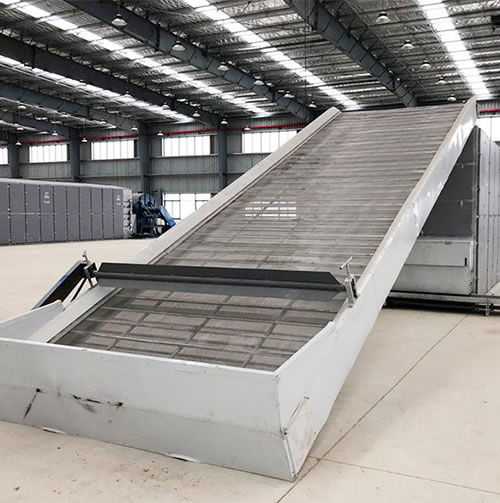






Indonesia, with its vast agricultural landscape and rich biodiversity, is home to a variety of crops that thrive in its diverse ecosystems. Among these, the bergamot, or better known as "germander," holds a significant place for its distinctive citrus scent and therapeutic properties. The cultivation of bergamot in Indonesia has seen an upward trend due to its increasing demand in the perfume and pharmaceutical industries, leading to the emergence of innovative solutions in post-harvest processing.
One such solution is the advent of agricultural product dryers specifically designed for drying bergamot fruits. These drying machines serve a crucial role in preserving the quality and extending the shelf life of this delicate crop. The process of dehydration not only concentrates the essential oils but also reduces the risk of spoilage and contamination, ensuring the product meets international standards.
In Indonesia, where humidity levels can be high, especially during the rainy season, maintaining optimal drying conditions for bergamot becomes paramount. Traditional sun-drying methods may not always provide consistent results due to variable weather conditions, which is where modern drying technology comes into play. These dryers employ controlled heat and air circulation to efficiently remove moisture from the fruit while retaining its characteristic fragrance and nutrients.

The introduction of such advanced drying equipment has been instrumental in elevating the Indonesian bergamot industry. By reducing reliance on traditional drying methods, farmers can now produce a more consistent and high-quality product, thus attracting a larger clientele and expanding export opportunities. Furthermore, these dryers are often designed to operate with minimal manual intervention, making them both efficient and cost-effective in the long run.
Another aspect worth mentioning is the environmental impact of these drying machines. Many modern designs prioritize energy efficiency and utilize renewable energy sources like solar power, contributing to sustainable practices within the agricultural sector. This not only helps preserve the natural environment but also aligns with global efforts towards green and eco-friendly farming techniques.
In conclusion, Indonesia's agricultural product dryers have revolutionized the way bergamot is processed and prepared for market. They ensure consistent quality, protect against spoilage, and cater to growing consumer demands worldwide. By embracing innovation in post-harvest technology, the Indonesian bergamot industry is poised to flourish, bringing the essence of its lush orchards to people across the globe.